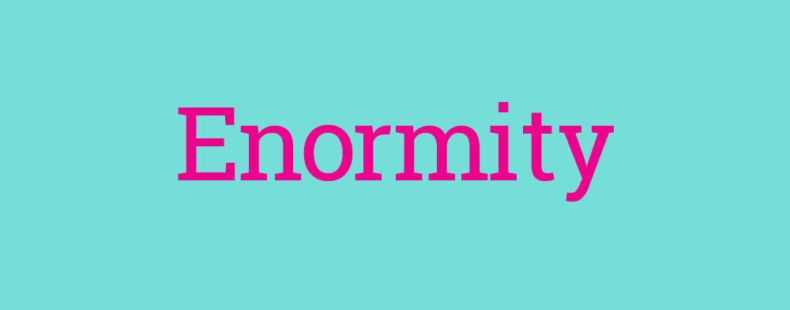Enormity
Sometimes, words become misconstrued and thus misused over time. What’s the enormity of the problem? Well, maybe, it’s not a problem, but simply an opportunity to refine our lexicon?
However, enormity isn’t the right word to describe this situation. Like all the words on today’s list, enormity’s primary definition isn’t what you think. Enormity has come to mean “hugeness” or “immensity,” like enormousness, but it actually means “atrociousness.” The enormity of a person’s act is the heinousness, not the scale, of the action.
Click ahead for more surprising definitions of commonly confused words.





















